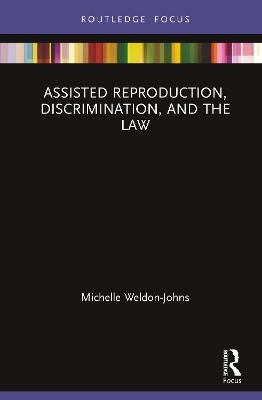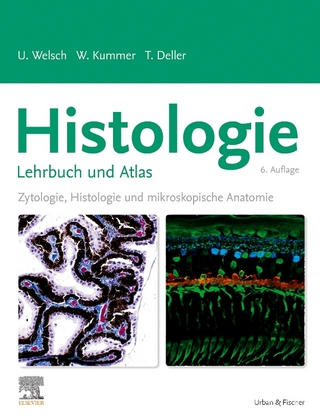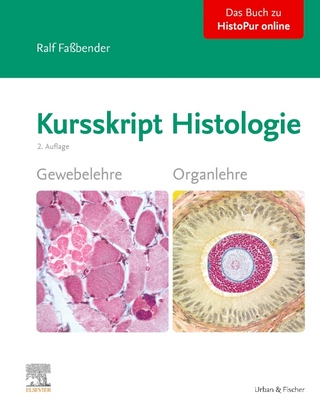
Assisted Reproduction, Discrimination, and the Law
Routledge (Verlag)
978-1-138-61004-0 (ISBN)
The numbers of women undergoing Assisted Reproduction Technology (ART) treatments have risen steadily, yet they remain largely outside the scope of equality and employment law protection while undergoing treatment. Assisted Reproduction, Discrimination, and the Law examines this gap in UK law, with reference to EU law as appropriate, and argues that new conceptions of equality are necessary. Drawing from the literature on multidimensional and intersectional discrimination, it is argued that an intersectionality approach offers a more useful analytical framework to extend protection to those engaged in ART treatments. Drawing from Schiek’s intersectional nodes model, the book critically examines two alternative interpretations of existing protected characteristics, namely infertility as a disability, with reference to the social model of disability and the UN Convention on the Rights of Persons with Disabilities 2006, and redefining the boundaries of pregnancy and/or sex discrimination, with reference to attempts to extend associative discrimination to pregnancy. Comparisons are drawn with the US, where infertility has been recognised as a disability under the American’s with Disabilities Act 1990 and as a pregnancy-related condition under the Pregnancy Discrimination Act 1978. A specific right to paid time off work to undergo treatment is also proposed, drawing comparisons with the US Family and Medical Leave Act 1993 and the existing UK work-family rights framework. It is argued that the reinterpretations of equality law and the rights proposed here are not only conceptually possible, but could practically be achieved with minor, but significant, amendments to existing legislation.
Dr Michelle Weldon-Johns is a lecturer in Employment Law at Abertay University in Dundee. Her specific research interest is the boundaries between work and family life from UK and EU employment and equality law perspectives. Her research focuses on gender equality and the work-family conflict, particularly from the perspectives of working fathers and atypical working families. She has also written on the potential implications of Brexit for Scotland in the employment and work-family context.
1. Introduction; 2. Current conceptions of equality and the limitations for those involved in assisted reproduction; 3. Conceiving a more social model of disability: infertility as disability; 4. Conceiving a new interpretation of pregnancy and sex discrimination: redefining the boundaries; 5. A right to time off work to undergo ART treatments; 6. Conclusions
| Erscheinungsdatum | 11.10.2019 |
|---|---|
| Verlagsort | London |
| Sprache | englisch |
| Maße | 138 x 216 mm |
| Gewicht | 285 g |
| Themenwelt | Medizin / Pharmazie ► Allgemeines / Lexika |
| Studium ► 1. Studienabschnitt (Vorklinik) ► Histologie / Embryologie | |
| Recht / Steuern ► Allgemeines / Lexika | |
| Recht / Steuern ► Arbeits- / Sozialrecht ► Arbeitsrecht | |
| Recht / Steuern ► EU / Internationales Recht | |
| Recht / Steuern ► Privatrecht / Bürgerliches Recht ► Familienrecht | |
| ISBN-10 | 1-138-61004-6 / 1138610046 |
| ISBN-13 | 978-1-138-61004-0 / 9781138610040 |
| Zustand | Neuware |
| Haben Sie eine Frage zum Produkt? |
aus dem Bereich


